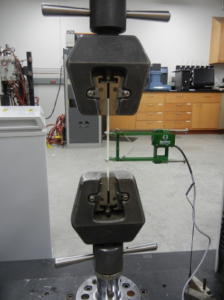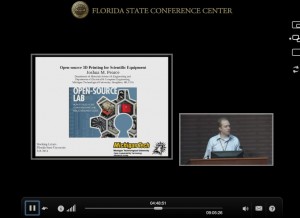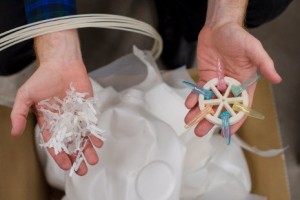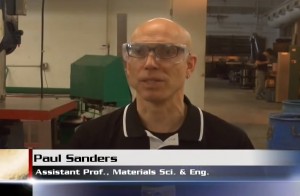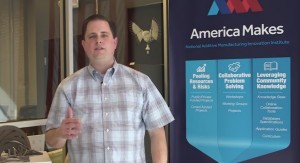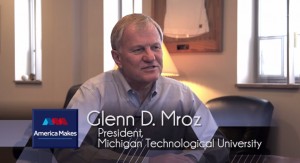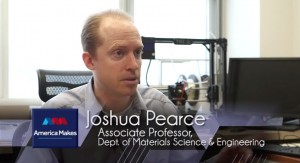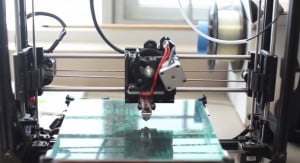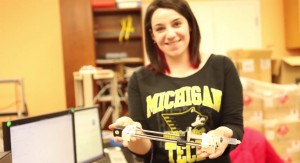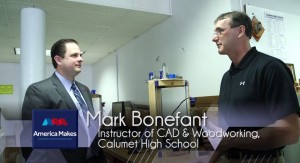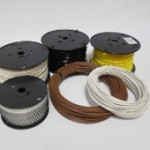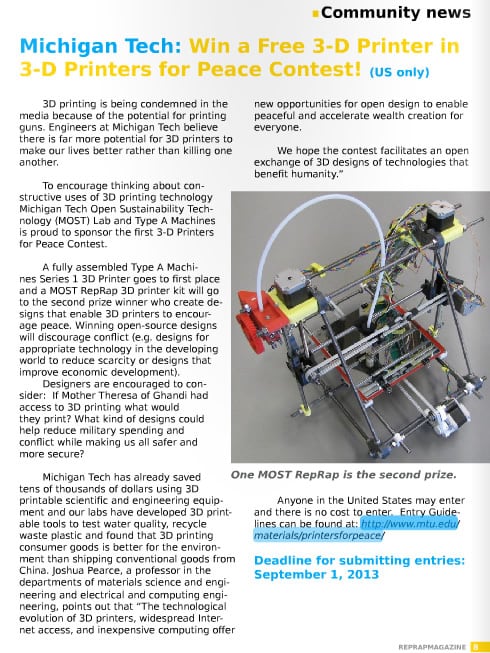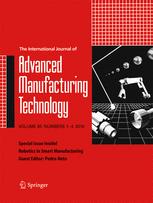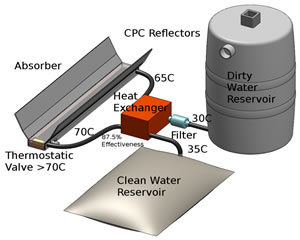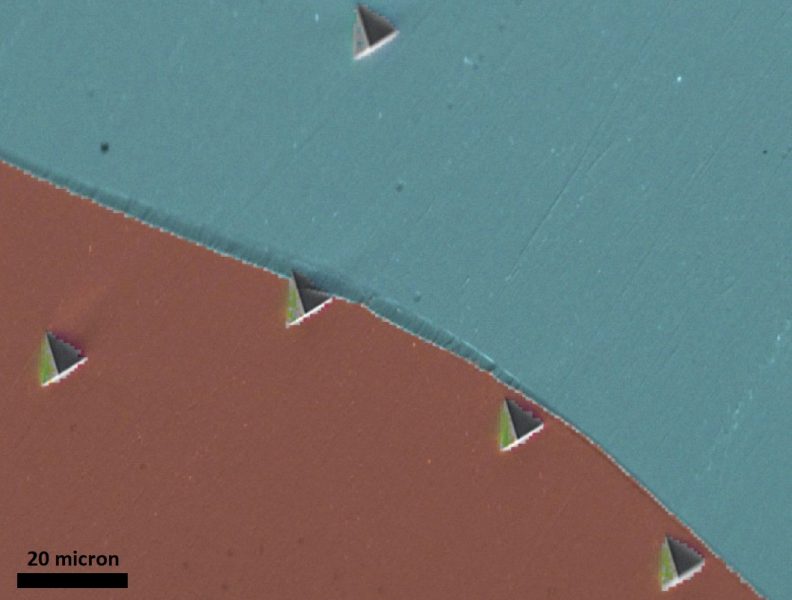Michigan Tech beat out over 200 universities—including second-place Princeton—to win the Shapeways 3D Printing Campus Battle Grand Prize. Each student that participated receives the following:
- A $75 Shapeways 3-D print credit, which is particularly useful to students without access to a campus makerspace.
- A three-month trial of General Assembly’s Front Row Learning platform with unlimited access to both live and on-demand streaming classes across a number of topics in tech, business and design.
- A three-month Skillshare.com scholarship. Skillshare is an online learning community to master real-world skills through project-based classes.
- A Tinkercad T-shirt from Autodesk
- A Shapeways print
The physical prizes are en route and will be distributed by Professor Joshua Pearce (MSE/ECE).

